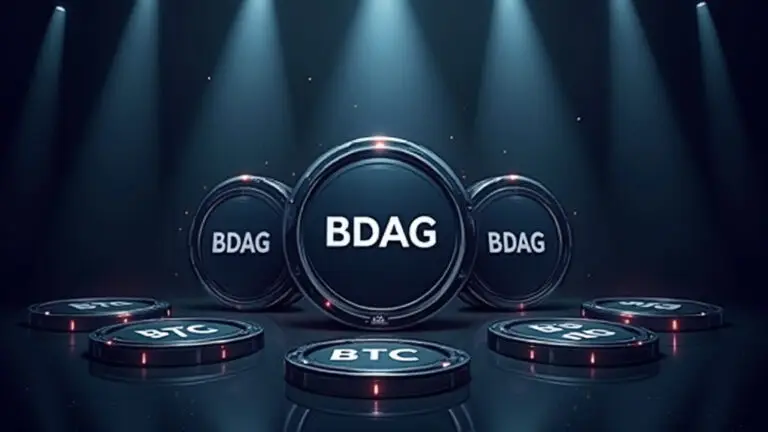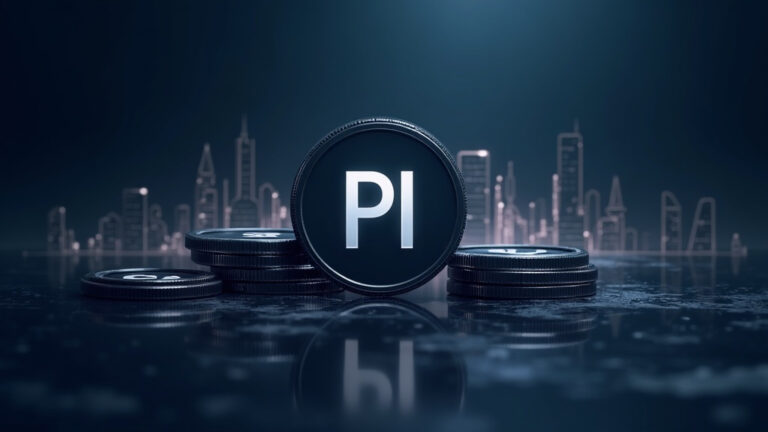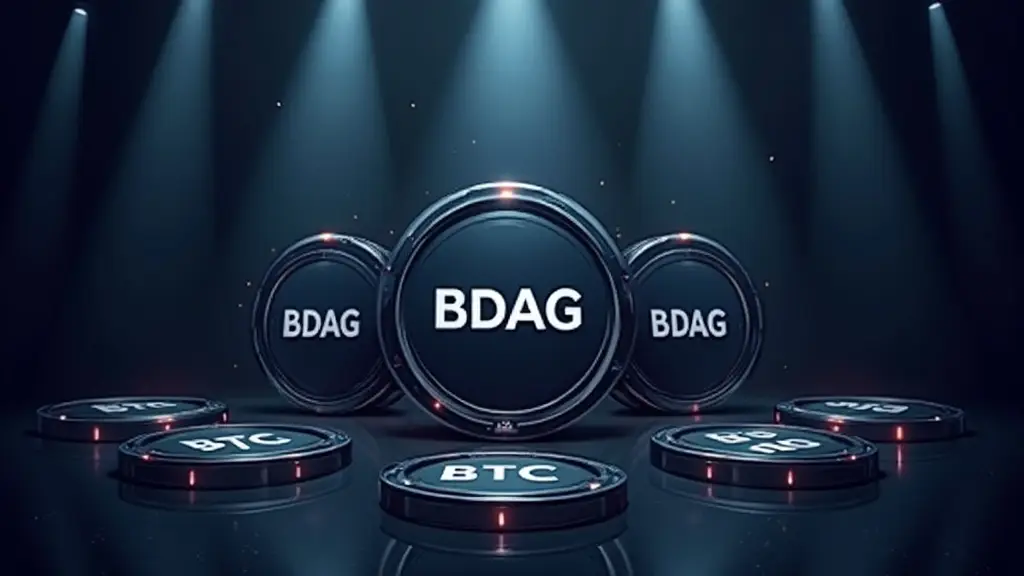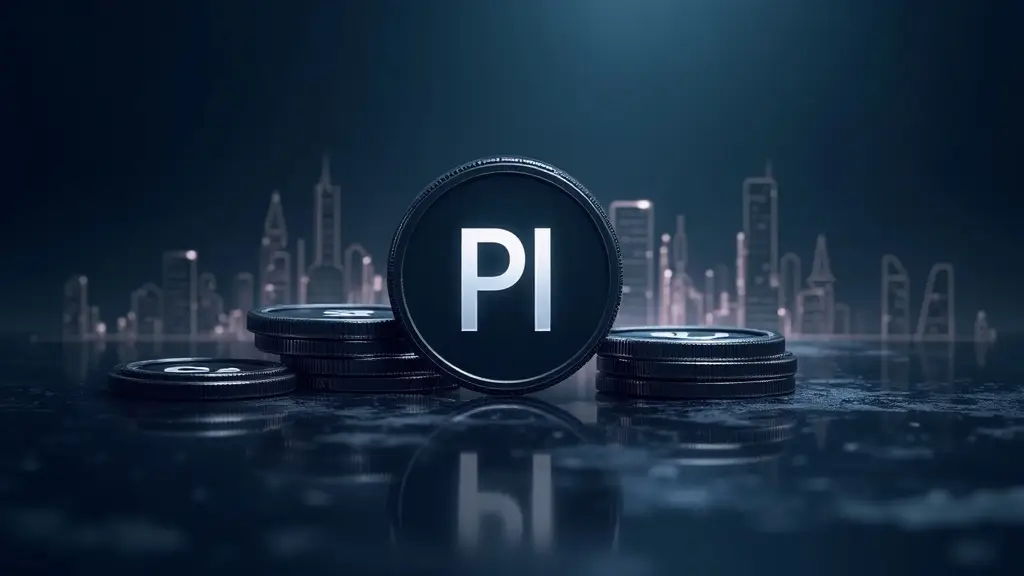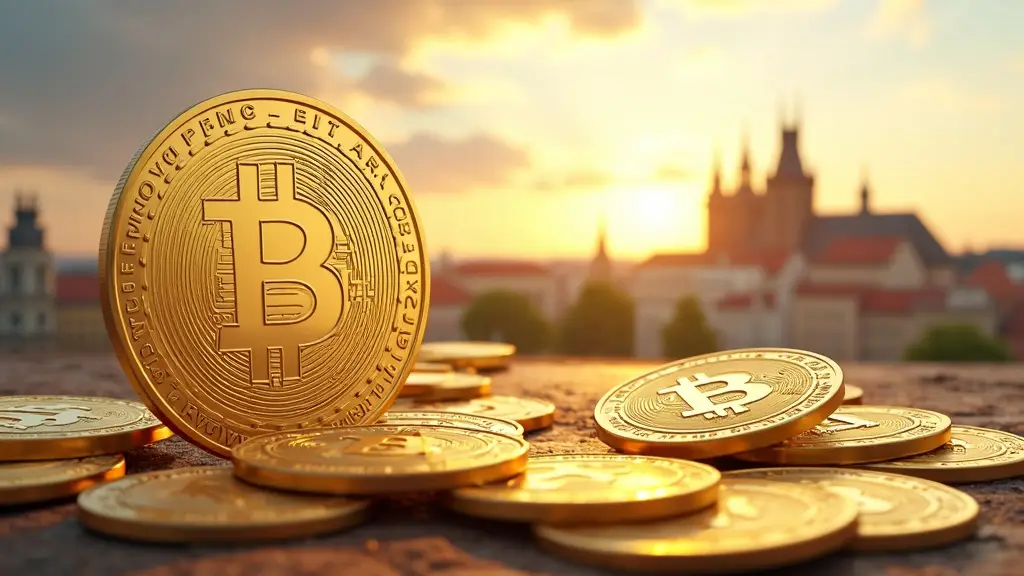After years of prohibiting cryptocurrencies outright, Morocco is charting a new course to legalise and regulate digital assets. The move marks a significant pivot from its strict 2017 ban, as Moroccan authorities prepare a comprehensive regulatory and tax framework set to roll out in 2025. The shift signals Morocco’s growing recognition of both the opportunities and challenges presented by crypto adoption.
Morocco’s central bank, Bank Al-Maghrib (BAM), along with the Moroccan Tax Administration (DGI), is spearheading the effort to bring cryptocurrencies under national fiscal and regulatory oversight. According to updates released in 2025, the proposed plan includes capital gains taxes ranging from 15% to 30% and progressive income taxes from 10% to 38%. Corporate tax rates of 20% to 31% are also on the table for businesses operating in the crypto sphere. While final guidance is pending, the framework represents Morocco’s first major step towards mainstreaming digital assets.
Cracking Down on Crypto-Enabled Property Purchases
Moroccan regulators have also intensified their scrutiny of crypto use in property transactions. Beginning in February 2025, authorities launched investigations into individuals using cryptocurrencies like Bitcoin, Ethereum, and Tether to skirt foreign exchange regulations and purchase real estate. These cases revealed significant sums of crypto moving through informal channels, underscoring the risks of unregulated digital finance and the urgency of establishing clear rules.
This crackdown comes after years of concern from Moroccan officials that cryptocurrencies could enable illicit capital flight, money laundering, and other illegal activities.
A History of Scepticism and Fear
Morocco’s hesitation towards digital assets dates back to November 21, 2017, when the Moroccan Exchange Office and Central Bank declared cryptocurrencies illegal under the “bye-bye Bitcoin” edict. At the time, officials cited risks to political power, economic stability, and fears of losing control over monetary sovereignty due to decentralised finance. The Foreign Exchange Office warned that anyone conducting transactions outside authorised intermediaries would face penalties.
According to the Office de Changes, crypto’s anonymity posed threats of money laundering, terrorism financing, and other crimes, which fueled the sweeping ban. Morocco’s government was also concerned about consumer protection in an unregulated environment, where victims of fraud or theft would have no legal recourse.
New Signals of Change
Despite the ban, crypto use in Morocco has quietly surged. As of 2024, an estimated 6 million Moroccans, around 16% of the population, owned or traded cryptocurrencies, often through informal or underground networks. This growing interest has pushed Moroccan authorities to reconsider their rigid stance.
In late 2024, BAM Governor Abdellatif Jouahri announced the government’s intention to adopt a draft regulatory framework for crypto, citing the need to align with evolving international standards. Jouahri also revealed that Morocco is preparing to regulate a central bank digital currency (CBDC) to meet key policy objectives, particularly in improving financial inclusion and efficiency.
Balancing Innovation with Stability
The proposed tax regime is a critical component of Morocco’s new strategy. Besides taxes on capital gains, income, and corporate earnings, the upcoming framework is expected to treat crypto mining, airdrops, and staking as taxable activities. However, specific guidelines on the treatment of decentralised finance (DeFi) and non-fungible tokens (NFTs) remain under review.
Moroccan officials emphasise that accurate record-keeping and timely reporting will be mandatory, and non-compliance could result in penalties. Authorities hope the measures will not only kerb illegal uses of crypto but also create a transparent, investor-friendly environment.
Towards a Legal Crypto Economy
Morocco’s crypto market is projected to reach $278.7 million by the end of 2025 and $292.4 million in 2026, with an expected annual growth rate of nearly 5% once the legal framework is in place. The government sees regulating digital assets as a path to transforming Morocco into a regional fintech hub while ensuring financial stability.
As the central bank and tax authorities finalise the legal and fiscal details, Morocco appears set on a future where cryptocurrencies are no longer relegated to the shadows but integrated into the formal economy.
A Nation at the Crossroads
While crypto remains technically illegal until the new rules take effect, Morocco’s actions reflect a decisive shift from prohibition to proactive regulation. As one of Africa’s fastest-growing digital markets, Morocco’s upcoming regulatory framework could set an influential precedent for other countries navigating the complexities of digital assets.
For millions of Moroccan crypto users and entrepreneurs, the government’s evolving stance offers hope that the digital economy can finally flourish within a legal and secure environment.


